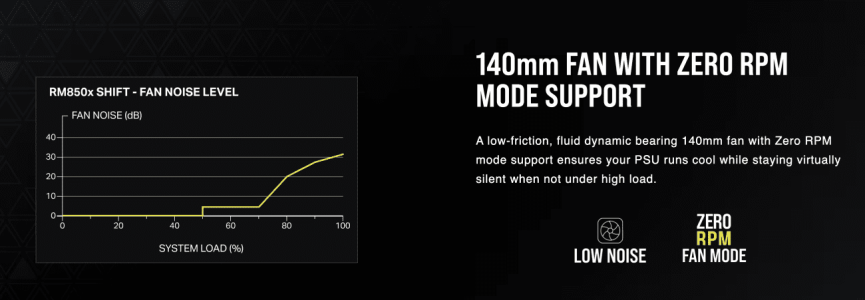I use a fanless system
and also Wunderhorn - you write
"There are systems possible that don't need any active cooling."
I was curious and I've been seaching and found at a Danish site:
'Asus Ryzen 7 fanless PC'
It's a rather small rectangular box. And it's hard to find out what exactly the processor is (like how many cores/threads) But this is the only 'high-end' model I've found. Still, I'm very, very interested in this one, it can have up to 64 gb ram - enough for me.
Oh, I can see that they write that they also deliver fanless with i7 but without any details - I'll have to talk to them...
Last edited:





